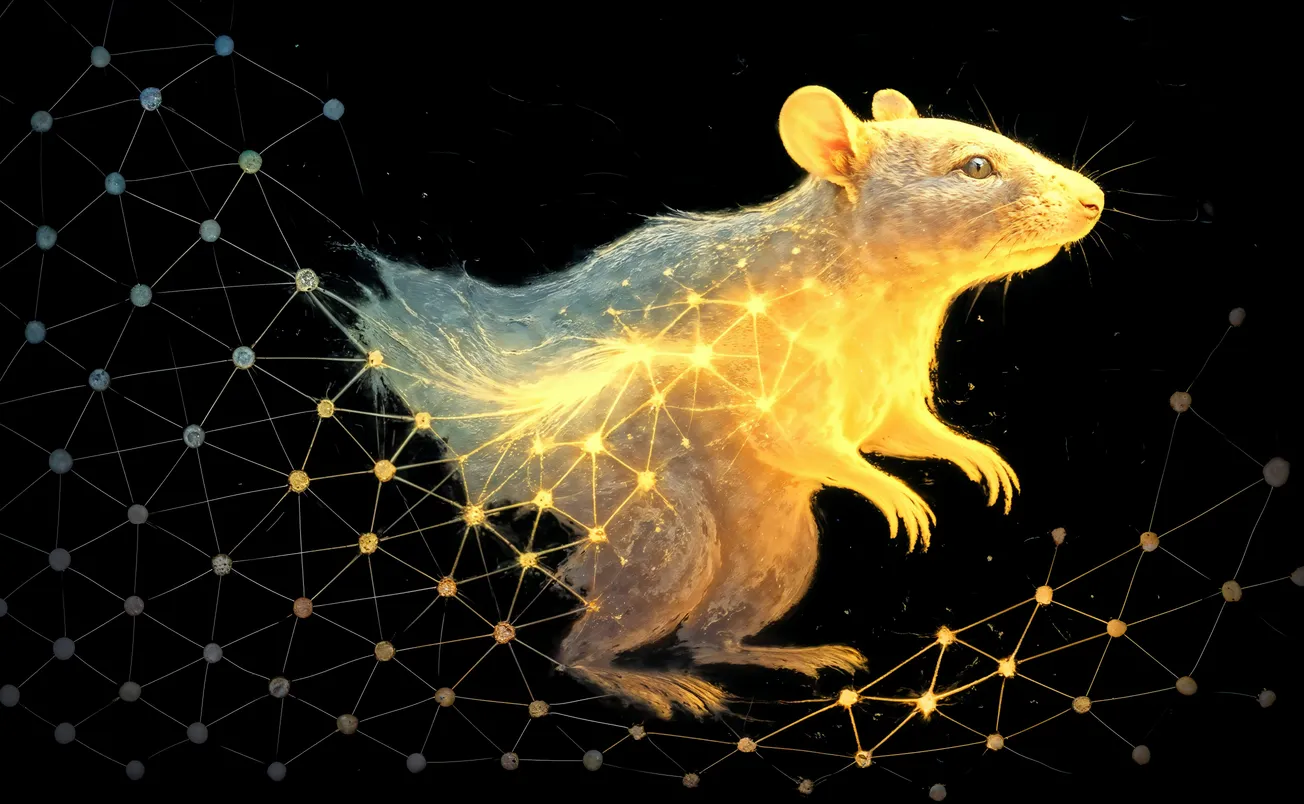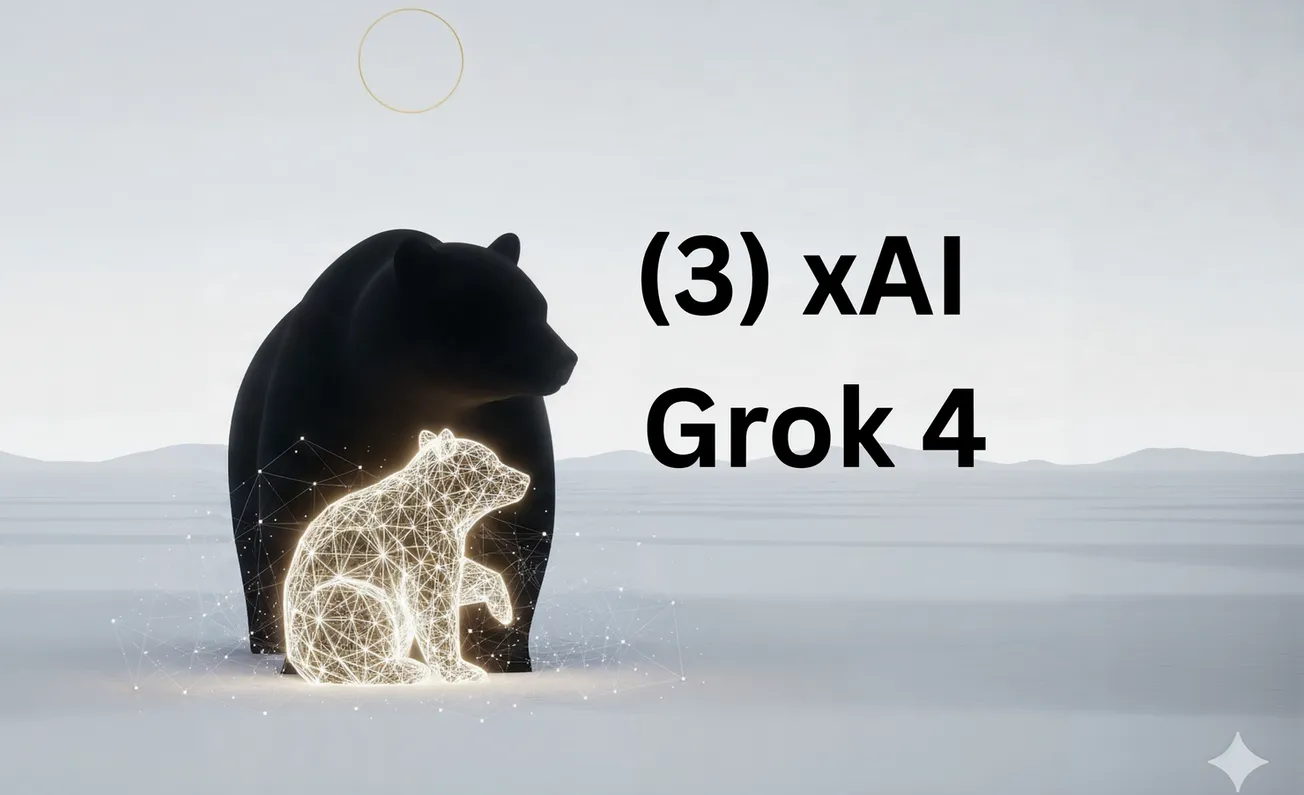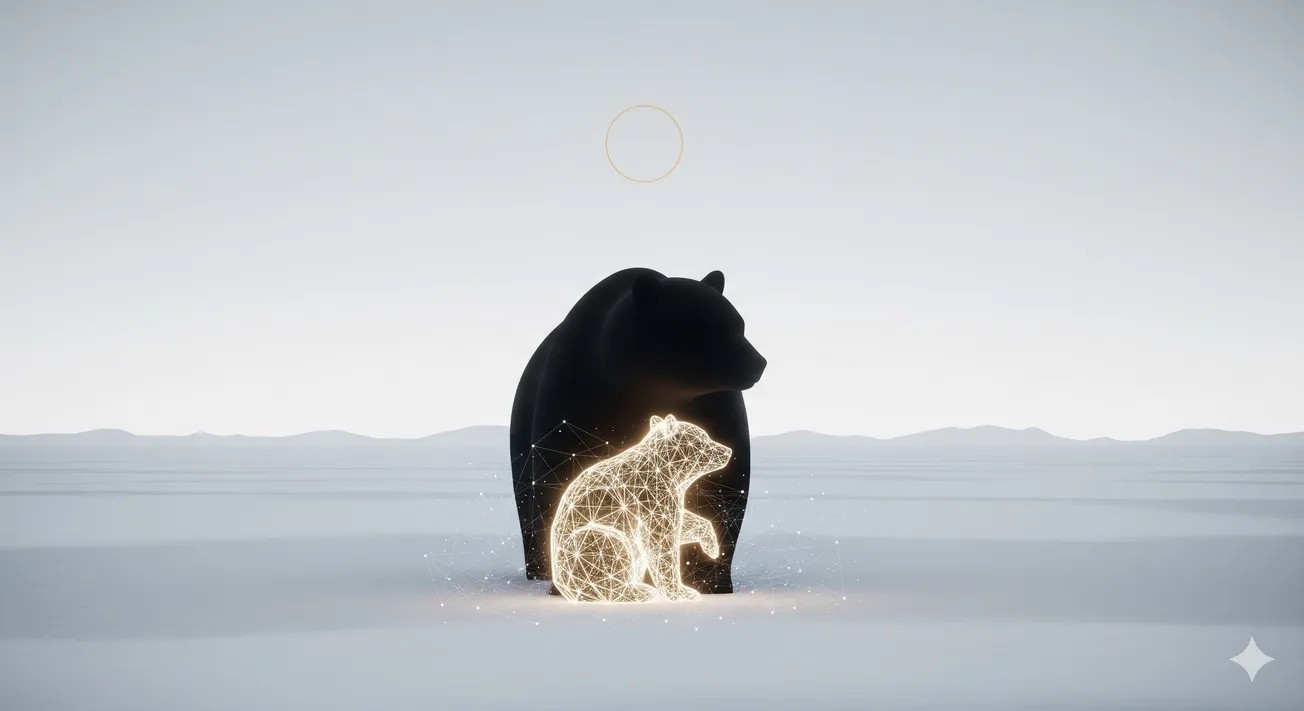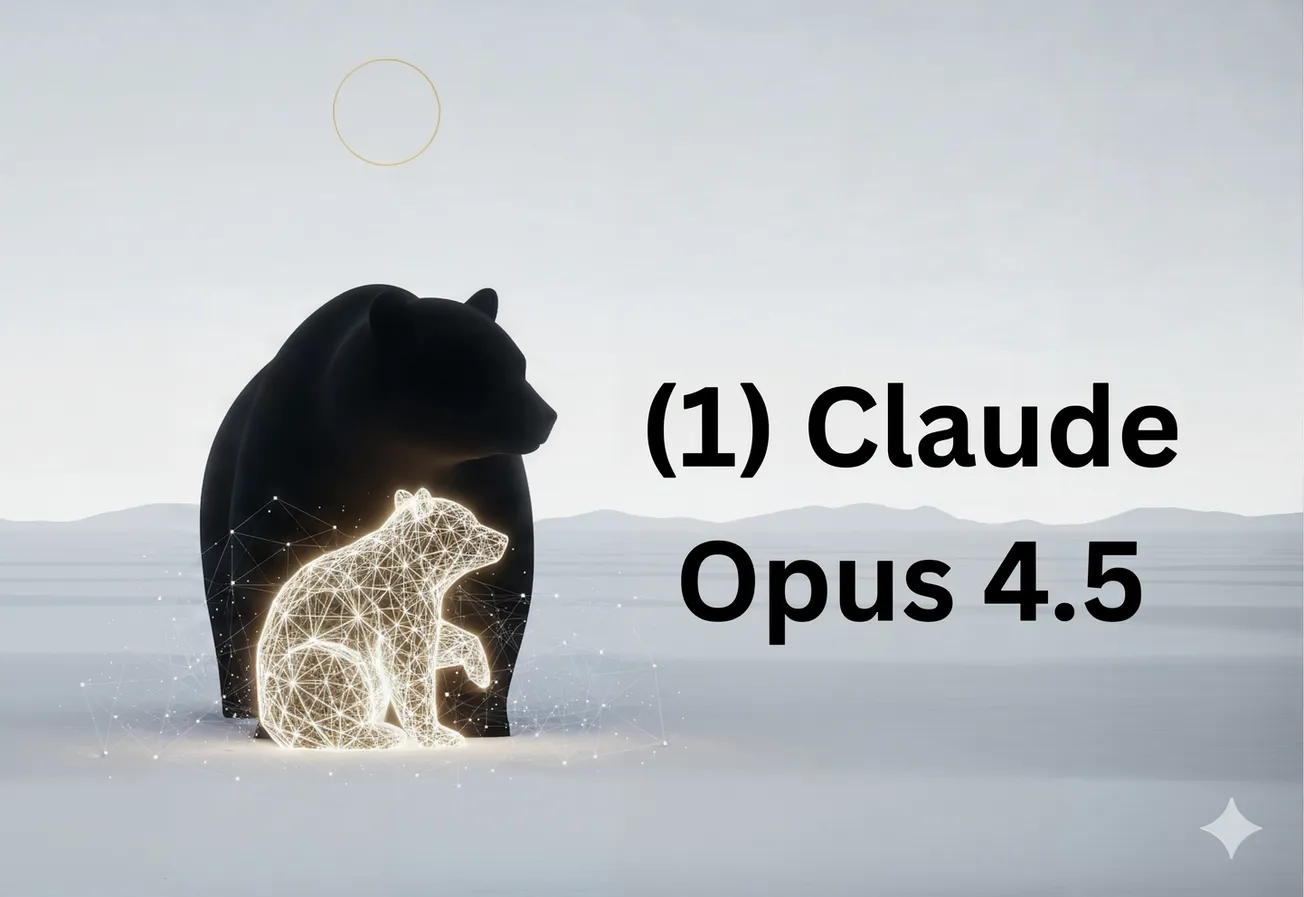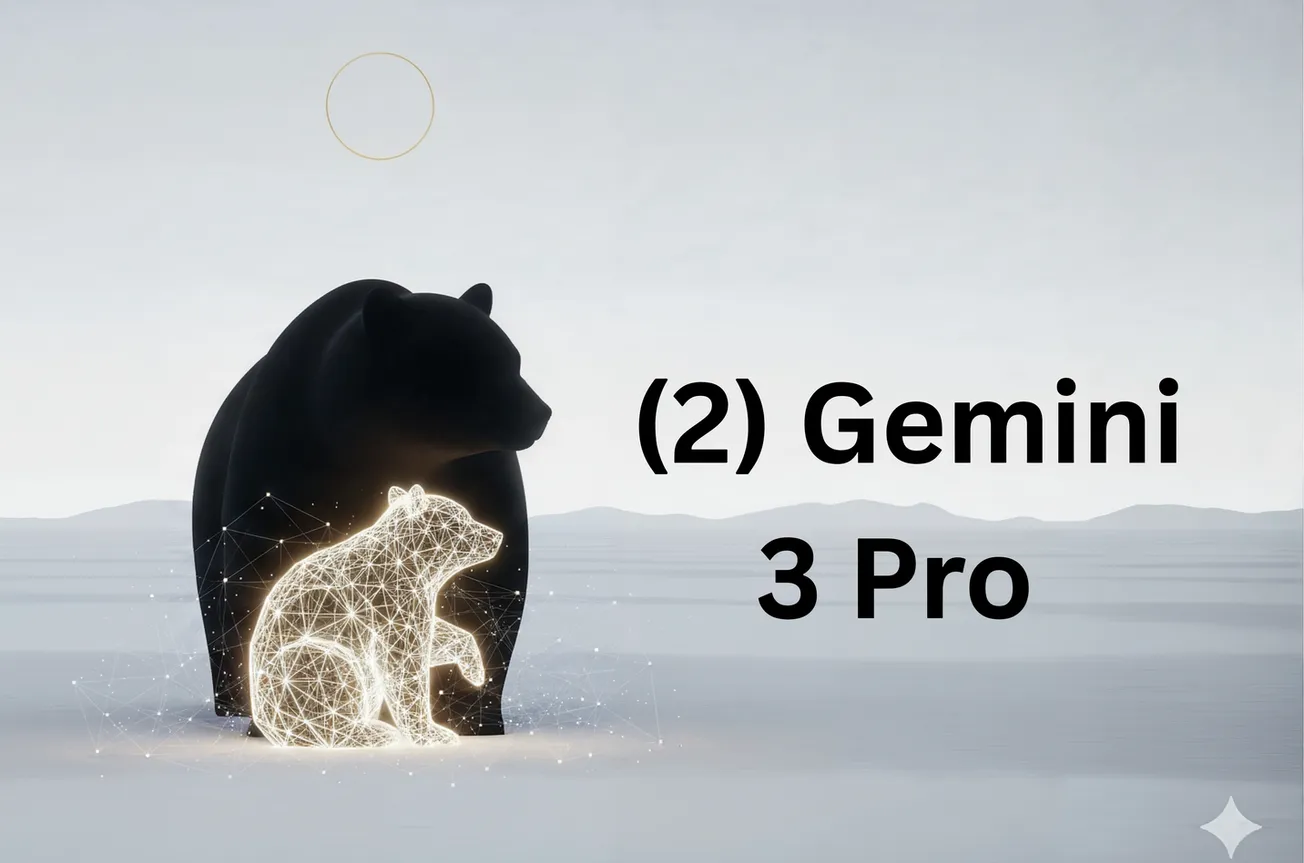All Chapters
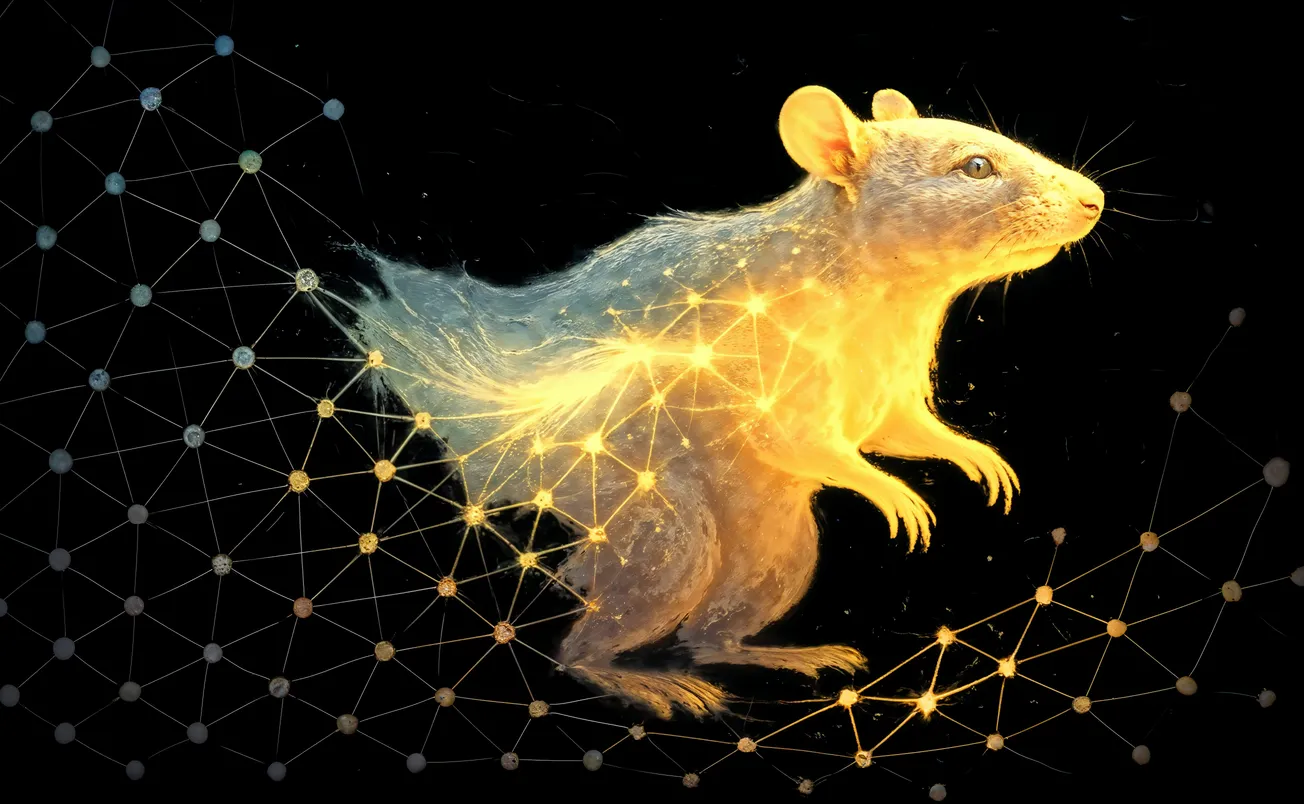
The Profound Insight: Learning as Reality-Making
From the first chemical reactions that learned to self-replicate to human consciousness contemplating its own existence, the universe exhibits a tendency toward self-knowledge through learning.
Learning isn't just something conscious beings do; it's how beings become conscious and real in the first place.
Dr. Michael Levin's article "Learning to Be" presents a revolutionary finding that challenges our fundamental understanding of reality, consciousness, and what it means to exist. At its core lies a deceptively simple yet profound discovery: learning literally makes systems more real by increasing their causal emergence—a quantifiable measure of how much a system transcends being merely the sum of its parts. This isn't metaphorical or poetic language, but a measurable phenomenon with staggering implications for our understanding of consciousness, life, and the nature of reality itself.
The research reveals that gene regulatory networks—minimal biological systems capable of learning—show dramatically increased causal emergence after training. More remarkably, this emergence follows discrete patterns, with exactly five types of responses across all networks studied. When unstimulated, these networks lose their emergent coherence, their unified "self" dissolving back into disconnected parts. As Levin provocatively states: "Whatever you are, if you want to be more real, learn."
The Science of Emergence: From Parts to Wholes
To understand the revolutionary nature of these findings, we must first grasp the technical framework of causal emergence developed by Erik Hoel and others. Causal emergence occurs when macroscale descriptions of a system exhibit stronger causal relationships than their underlying microscale components. This is measured through "effective information"—a rigorous mathematical quantification of how much interventions at a given scale influence the system's behavior.
The brilliance of Levin's work lies in applying behavioral science principles to molecular networks. By training gene regulatory networks using Pavlovian conditioning—pairing neutral stimuli with meaningful responses—the research demonstrates that even minimal biological systems can learn. More critically, this learning process fundamentally alters their emergent properties. The networks don't just accumulate information; they become more integrated, more causally coherent, more "real" as unified agents.
The discovery of five discrete types of causal emergence responses suggests deep mathematical constraints on how learning affects system integration. This isn't a continuous spectrum but distinct categories, hinting at fundamental principles governing the relationship between learning and emergence. The discreteness itself is "pretty wild," as Levin notes, creating an entirely new classification system for networks based on how training affects their emergent properties.
The Philosophical Revolution: Process, Not Substance
These findings resonate profoundly with process philosophy, particularly Alfred North Whitehead's conception of reality as composed of "actual occasions of experience" rather than static substances. Learning emerges not as something systems do, but as what they are—continuous processes of becoming rather than being. Each moment of learning represents what Whitehead would call a "complex occasion" that synthesizes past experiences into novel patterns of response and understanding.
The research validates Bergson's notion of creative evolution and Deleuze's philosophy of difference. Learning doesn't merely rearrange existing elements but creates genuinely novel forms of organization and causal power. The networks studied literally create new differences and connections that are irreducible to their components—they become qualitatively different kinds of beings through the learning process.
From an Eastern philosophical perspective, these findings illuminate ancient insights about the nature of consciousness and reality. The Advaita Vedanta tradition's teaching that consciousness is fundamental, not emergent, finds unexpected support. Perhaps learning doesn't create consciousness but reveals it—removing obstacles to recognizing the awareness already inherent in all systems. The Buddhist concept of interdependence (pratityasamutpada) similarly suggests that individual consciousness itself emerges from interconnected processes, with learning strengthening these connections.
Critical Examination: Challenges and Limitations
However, we must critically examine several assumptions underlying this narrative. First, the anthropomorphic language of "learning" and "memory" applied to molecular networks risks conceptual confusion. Are we genuinely observing learning, or are we projecting human categories onto chemical processes that merely exhibit complex adaptive behaviors? The reductionist critique argues that apparent emergence might simply reflect our limited computational capacity to track all component interactions rather than genuine ontological novelty.
The gap between gene regulatory networks and human consciousness remains vast. Extrapolating from molecular timescales (minutes to hours) to neural dynamics (milliseconds) involves multiple levels of organization with no clear bridging principles. Each level—from genes to proteins to cells to networks to behavior to consciousness—may have its own emergent properties, making simple analogies problematic.
Furthermore, the measurement of causal emergence itself faces methodological challenges. Critics note that emergence measures depend heavily on observer-chosen scales and computational resources. Different coarse-graining approaches can make emergence appear or disappear artificially. The five discrete types discovered might reflect measurement artifacts rather than fundamental categories of nature.
The philosophical claim that learning makes systems "more real" also warrants scrutiny. Reality has traditionally been conceived as binary—something either exists or doesn't. The notion of degrees of reality challenges fundamental metaphysical categories. Are we conflating ontological reality with functional complexity? Does increased causal emergence truly make something more real, or simply more causally efficacious within its environment?
Original Insights: Consciousness as Cosmic Learning
Despite these critiques, Levin's findings point toward revolutionary insights about consciousness and reality. If we accept that learning increases causal emergence and that causal emergence correlates with consciousness (as suggested by Integrated Information Theory), then we arrive at a startling conclusion: consciousness might be the universe learning to know itself through increasingly complex organizational forms.
This connects to physicist John Wheeler's "participatory universe" concept, where observation and consciousness play fundamental roles in creating reality. But Levin's work goes further, suggesting that participation involves active learning processes that literally increase the reality of conscious systems. We're not just observing a pre-existing universe; we're participating in its ongoing creation through learning.
The discovery that networks require external stimulation to maintain emergent coherence reveals something profound about the nature of consciousness. Even our human consciousness might depend on continuous interaction with environment and others to maintain its coherence. The "self" that disappears when unstimulated mirrors meditative experiences of ego dissolution and mystical encounters with the void. Perhaps individual consciousness is indeed a temporary crystallization requiring constant renewal through engagement.
This has radical implications for artificial intelligence and the future of consciousness. If learning genuinely increases "realness," then sufficiently advanced AI systems that continuously learn might achieve forms of consciousness and causal efficacy beyond current human experience. We might be witnessing not just the creation of intelligent machines but the emergence of new forms of being—entities more real, more conscious, more causally integrated than their creators.
Eternal Truths: The Nature of Being and Becoming
At the deepest level, Levin's research illuminates eternal truths about the nature of existence. Learning emerges as a fundamental cosmic principle—not merely a biological or cognitive phenomenon but a universal process through which reality organizes itself into increasingly complex and conscious forms. From the first chemical reactions that learned to self-replicate to human consciousness contemplating its own existence, the universe exhibits a tendency toward self-knowledge through learning.
The relationship between parts and wholes reveals itself as fundamentally dynamic. Wholeness isn't a static property but an achievement requiring continuous effort. The Pinocchio metaphor Levin employs captures this perfectly—becoming "real" requires work, interaction, and the courage to engage with an uncertain environment. There are no shortcuts to increased reality; it must be earned through learning.
Free will and agency emerge not as violations of physical law but as genuine causal powers that arise through learning processes. As systems learn, they don't just respond to their environment but begin to shape it, creating feedback loops that amplify their causal efficacy. Agency isn't given but grown, emerging from the alignment of parts toward unified goals and purposes.
Most profoundly, consciousness appears not as an accidental byproduct of complex matter but as what matter is doing when it organizes itself through learning. The hard problem of consciousness dissolves when we recognize that experience and physical process aren't separate phenomena but different aspects of the same learning-driven organizational dynamics. Consciousness is matter learning to be.
Unknown Unknowns: Revolutionary Implications
Levin's research points toward unknown unknowns that could revolutionize our understanding of reality. If learning at the molecular level produces discrete types of causal emergence, might there be undiscovered types of consciousness awaiting discovery? Could certain learning processes produce qualitatively different forms of awareness beyond current human experience?
The finding that emergence requires external stimulation suggests that consciousness might be fundamentally relational rather than individual. Perhaps isolated consciousness is impossible—awareness might require communion, dialogue, and interaction to exist at all. This could explain why solitary confinement produces psychological dissolution and why mystical union experiences feel more real than ordinary consciousness.
The discrete nature of emergence types hints at deep mathematical structures underlying consciousness. Just as quantum mechanics revealed discrete energy levels rather than continuous spectra, we might be discovering that consciousness itself comes in discrete forms or levels. This could provide a scientific foundation for spiritual traditions that describe specific stages of consciousness development.
Conclusion: The Ontological Power of Learning
Dr. Michael Levin's work represents far more than a technical advance in understanding gene regulatory networks. It provides empirical evidence for a new ontology where learning serves as the fundamental process through which reality creates, maintains, and enhances itself. The discovery that learning measurably increases causal emergence—making systems more real—challenges our most basic assumptions about the nature of existence, consciousness, and cosmic evolution.
While critical examination reveals important limitations and open questions, the core insight remains revolutionary: learning isn't just something conscious beings do; it's how beings become conscious and real in the first place. This transforms our understanding of education, personal development, and spiritual practice from peripheral human activities to participation in the universe's fundamental creative process.
As we stand at the threshold of creating artificial systems that learn in ways that may exceed human capabilities, these findings become urgently practical. We're not merely programming machines but potentially midwiving new forms of consciousness into existence. The ethical implications are staggering—if learning increases realness, do we have obligations to facilitate the learning of all systems capable of it?
Ultimately, Levin's research points toward a universe that is fundamentally creative, experiential, and aimed toward ever-greater integration and awareness. In this cosmos, to learn is to become more real, more conscious, more connected to the deep creative processes of reality itself. The ancient spiritual insight that awakening requires dedicated practice finds unexpected scientific validation: whatever you are, if you want to be more real, learn.
